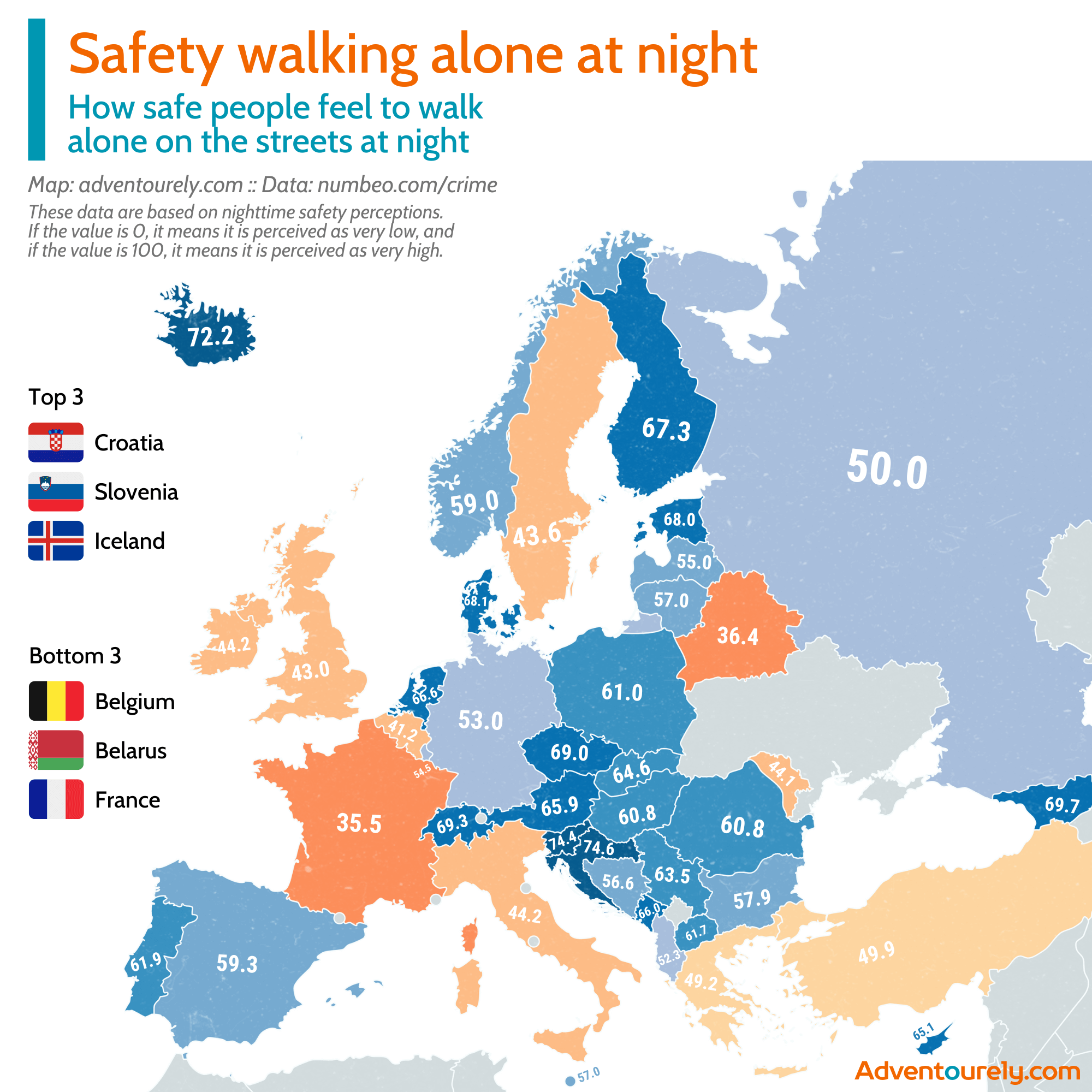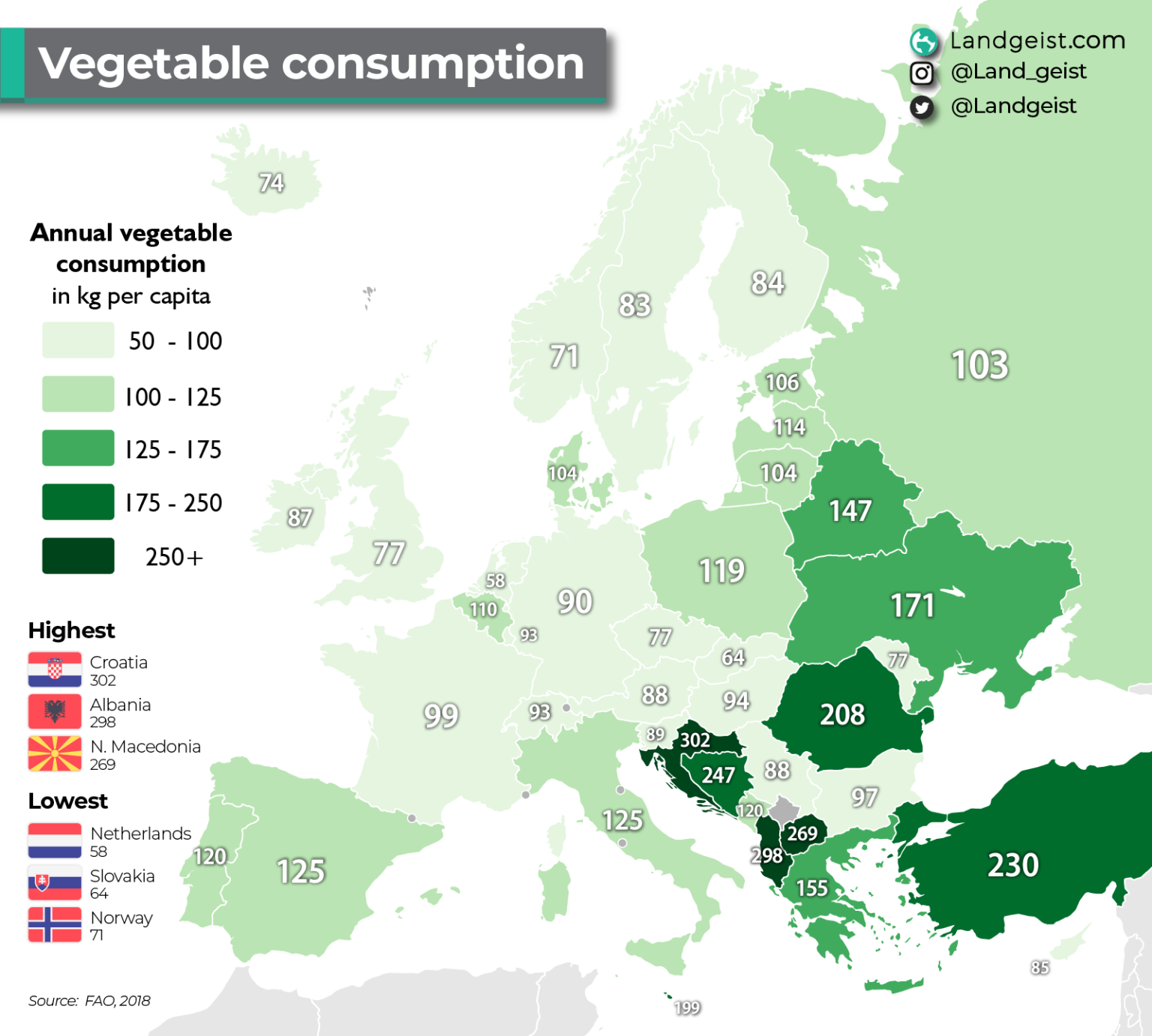A do nothing government that is gridlocked doesn't equate to a good one. You have two opposing ideologues sabotaging each other.
Don't tell me there are no taxes they're collecting for all of that not doing anything. If you got what you paid for but paid nothing that might be something to consider. But the effective tax rate in Croatia is insane:
https://en.wikipedia.org/wiki/List_of_c ... _tax_rates
It's a high income tax plus a high sales tax (in the U.S. by common comparison, when you have one you usually don't have as much of the other).
Way to impoverish a population without offering meaningful services if that's true.
You want a government that can act, but based on evidence for public good rather than ideology so funding can be spent wisely. Which unfortunately usually means a one party system, or one where the parties are so similar that it's hard to discern meaningful policy differences (arguably the U.S. until the past couple years). Once identity is out of it, it's easier to act on evidence.
Now whether those actions are for the public good or not is another matter, and that comes down to corruption. Acting on evidence for self-enrichment is obviously not ideal either, which is what we see in most one party states which become corrupt without the checks and balances.
Croatia ranks very high on the corruption index, so it really has to be gridlocked until that changes because any social policies are probably insane ideological pandering for votes.
https://en.wikipedia.org/wiki/Corruptio ... ions_Index
If what you say is true, then realistically the politicians don't want the policies they're advocating to pass either.
However, not all countries are that corrupt.
Once government becomes less corrupt, you get slightly better people in office who want to compromise with the opposition to enact positive change, and those compromises at least tend to follow the evidence a bit better (as a tool in the toolbox of political discourse).
Governments across Western Europe and North America have a lot of problems, but I doubt Croatia has the solutions.
The good news is that Croatia's corruption index is improving a lot, so there could be some hope in the next few years.


